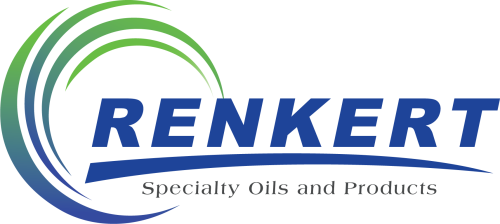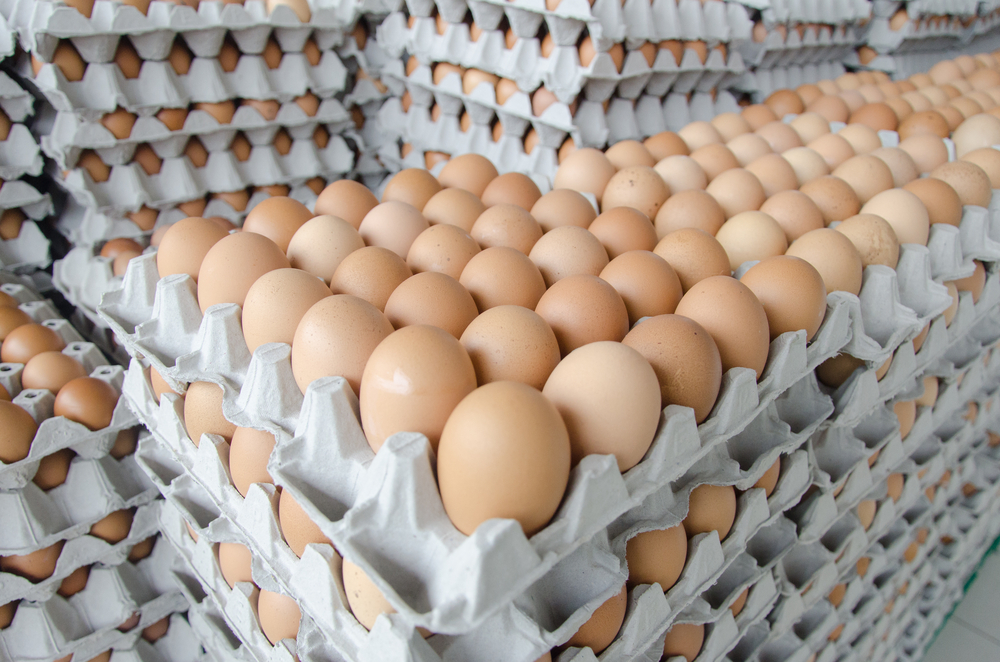Sustainable packaging runs better, lasts longer, and costs less when it’s powered by the right specialty oils. Here are five ways these high-purity mineral and GTL oils beat plant-based oils on waste, energy use, and new green laws. Questions? Contact us.
Today’s manufacturers want sustainable packaging that runs fast, keeps food fresh, and stands up to new laws—all at a sensible cost. The right specialty oils are crucial.
Some buyers turn to plant-based oils for a sustainable solution, but vegetable oils are less stable, can turn yellow, go rancid, and pick up odors. This leads to poor performance and product waste.
What buyers need is a smarter toolkit of specialty oils, such as:
- High-purity white mineral oils
- Readily biodegradable Shell GTL (gas-to-liquid) isoparaffins
- Partially bio-based oils (over 100% organic oil)
These products deliver clean performance and steady supply while offering real environmental gains. Below are five ways your operations team can benefit from adopting them.
Suzanne Kingsbury, Director of Quality
1. Food-Safe & Odor-Free Films Help Reduce Waste
When snack or bakery films pick up strange smells, whole pallets can be rejected. USP/NF-grade white mineral oils solve the problem and keep packaging food-safe under FDA §178.3620.
- Fewer Returns: No off-flavors mean fewer customer complaints and less product dumped in landfills.
- Longer Shelf Life: Odor-free films protect taste longer, cutting food spoilage and its carbon footprint.
- Simple, Single-Use Approval: One food-contact letter covers mineral oil for many film types, streamlining audits and saving compliance time.
2. Lower Extrusion Energy & Higher Line Speed
Shell GTL isoparaffins act as built-in lubricants inside the polymer melt. Tests show up to a 15% drop in extruder screw torque and matching kilowatt-hour cuts on PE (polyethylene) film lines.
- Energy Savings: Less motor load means lower plant electricity bills and a smaller Scope 2 footprint.
- Higher Line Speed: With lower friction, you can dial up haul-off speed without raising amps—more output per shift.
- Cooler Barrel Temps: Smoother flow lets you cut barrel settings by ~5 °C, reducing thermal stress and color defects.
“Shell GTL fluids are non-toxic, readily biodegradable, and available today to help converters cut emissions while meeting the latest sustainability rules.” — Marcel van den Berg, Business Development Manager, Shell GTL Fuel
3. PFAS-Free Grease & Moisture Barriers for Paper
States are banning fluorinated grease barriers. A simple mineral-oil/wax blend gives paper trays the same oil- and water-holdout without PFAS (per- and polyfluoroalkyl substances).
- Regulation Ready: Stay ahead of laws in some states, such as California, banning PFAs and avoid emergency reformulations.
- Easier Repulping/Less Recycling Waste: Non-fluorinated coatings break down in standard hydrapulpers, keeping fiber in the circular loop.
- Lower Chemical Load: Mineral oils work at 3–5 gsm (grams per square meter)—much thinner than traditional fluorochemical coats—so you use less raw material.
4. Readily Biodegradable Choices for ESG Goals
All Shell GTL Performance Fluids meet “readily biodegradable” status in OECD 301 tests, breaking down ≥60% within 28 days.
- Better LCA Scores: Switching from naphthenic oils to GTL fluids can shave several percent off cradle-to-gate carbon impacts.
- Lower Aquatic Toxicity: Near-zero sulfur and aromatics cut risk from accidental releases during transport or plant spills.
- Bio Blend Option: Need a renewable tag? Our Renoil B10-200-W blends 10% plant oil for a certified bio content and may be suitable for your application.
5. Smooth Processing Cuts Waste and Energy
Light-viscosity white mineral oils lower the “stickiness” between plastic layers, letting films slide cleanly through forming and sealing equipment. When polyethylene (PE) or polyvinyl chloride (PVC) films glide instead of snag:
- Less Scrap: Fewer jams mean you don’t have to throw away crumpled film or restart jobs, so less material ends up in the dumpster.
- Lower Energy: Motors work easier because the film pulls with less resistance, trimming the kilowatt-hours needed per package.
- Thinner, Recyclable Films: Reliable slip lets you down-gauge film thickness or switch to single-material structures that recycle better, without worrying about the layers welding together.
- Cleaner Lines: Mineral oils replace silicone or erucamide slip agents that can foul rollers and complicate recycling streams, keeping equipment cleaner for longer stretches.
Renkert Oil: Your Partner in Specialty Oils for Sustainable Packaging
Specialty oils make sustainable packaging more than a buzzword—they make it run. From safe food contact to easier recycling, from power savings to steady supply, mineral and GTL oils beat vegetable oils in the majority of real-world plants.
Renkert Oil stocks:
- USP/NF White Mineral Oils in a wide range of viscosities
- Shell GTL Isoparaffins that are safe, stable, readily biodegradable synthetics
- B10-200-W partial bio-based oil to support specific ESG goals
Our technical team can help with dosing, trial runs, and regulatory paperwork. Need samples or an energy-audit plan?
Contact us today and put these oils to work on your line.
Ready for cleaner, faster, greener packaging? Talk with Renkert Oil and future-proof your next production run.

